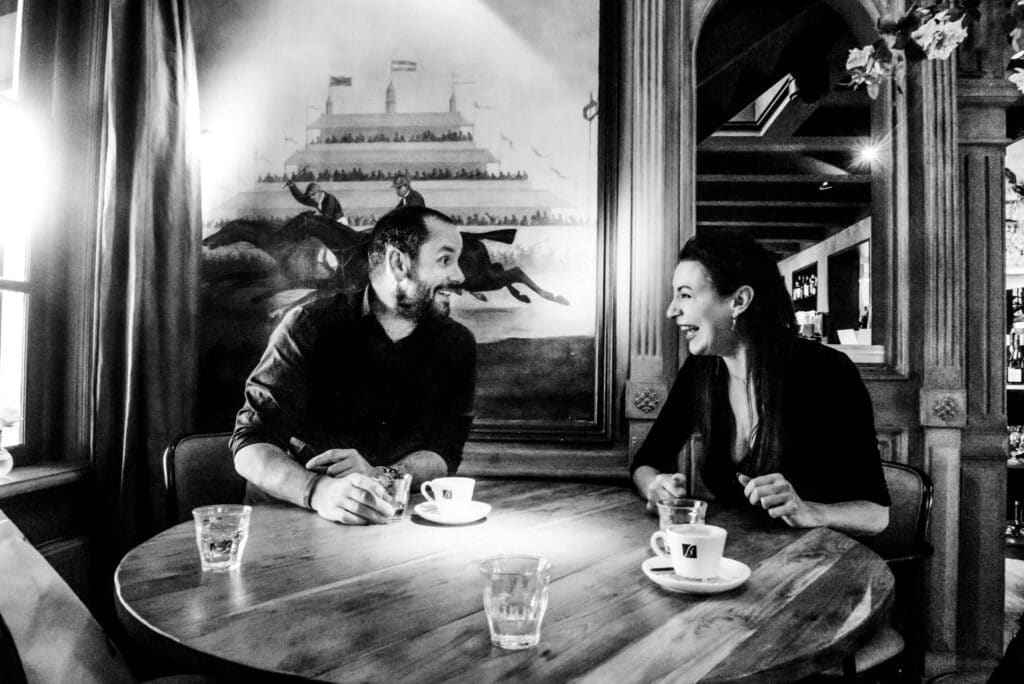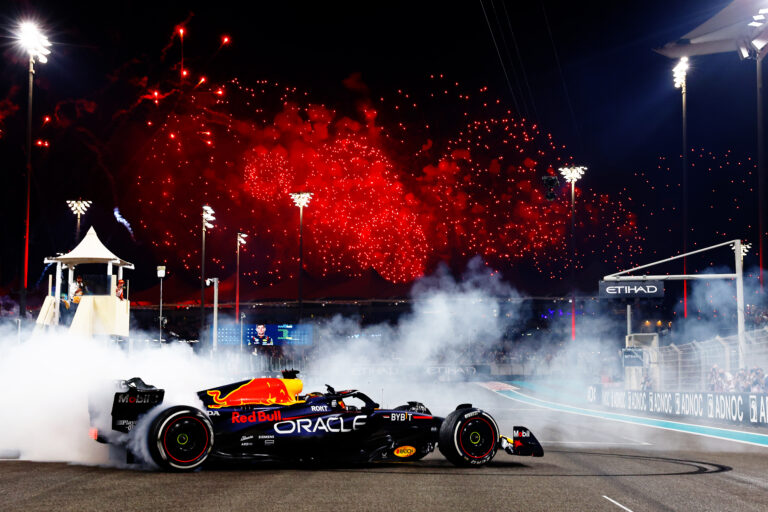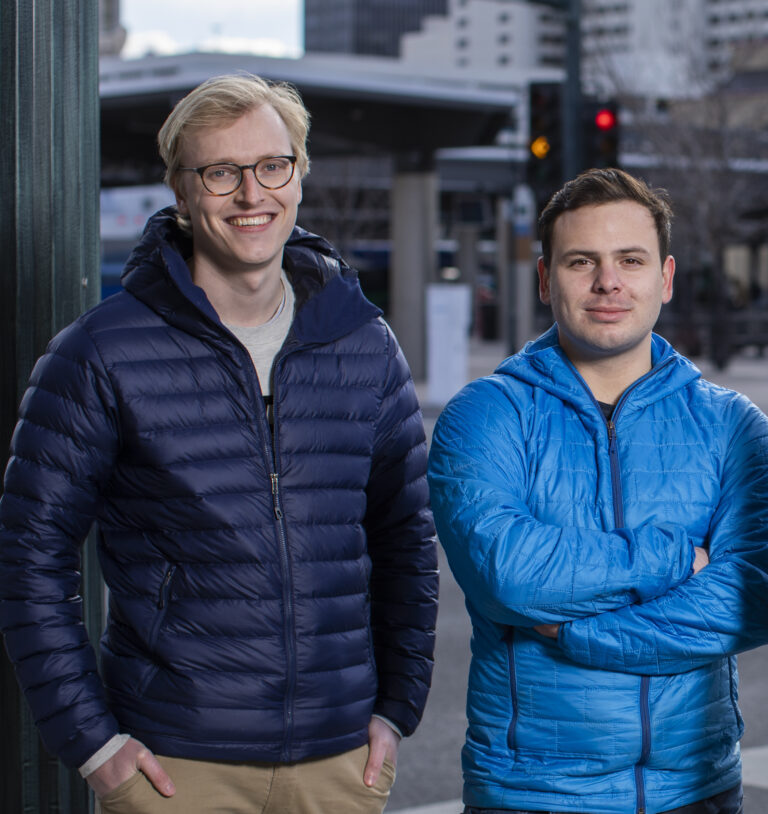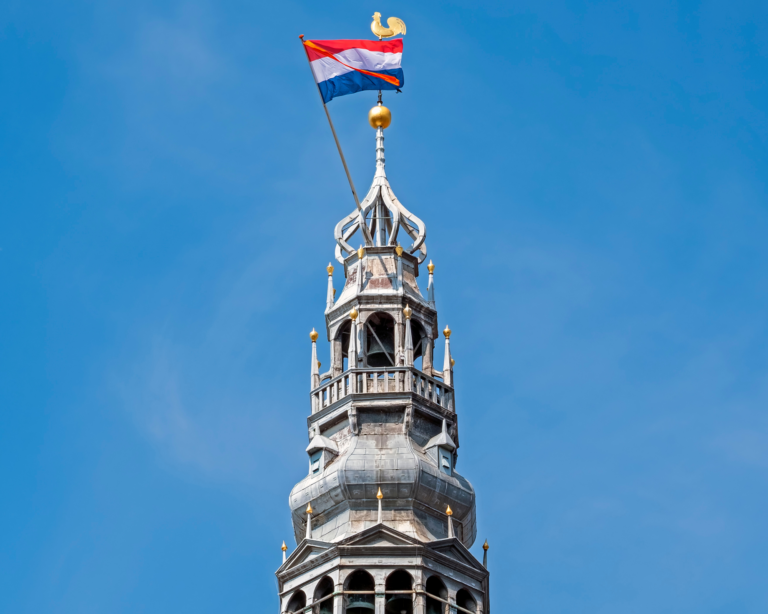After you studied Business Administration, you held positions mainly in the food industry. Why exactly that sector?
"My parents had a clothing store, a kind of Oger of the East. When I was 16, I indicated that I did not intend to take over the business. That was a tough choice, because I would be the fourth generation. I had no interest in clothing at all and already find folding my own clothes quite a challenge. I went to study Business Administration, the first in the family to go to the University of Groningen. I enjoyed student life, but I also felt the pressure to perform. After my studies, I went to work for Heineken as an intern, later as a marketer for Pepsi, Sisi and 7UP. There I learned a lot, especially about the professionalism of a multinational company and my love for emotional brands. I think specifically of brands that mean something to consumers where beer and chocolate are the starting point. Both have emotion intrinsic in the product, where beer for a man is the same as chocolate for a woman."
How did you end up at Tony's?
"I left Heineken and brought the sustainable smoothie brand Innocent Drinks to the Netherlands with a friend. Here I learned how to still shape a small brand in a world of big retailers. After about five years, I decided to do it myself for once and started looking for a nice company. Tony's Chocolonely had existed for several years by then and after a few conversations I was able to take over the company. In 2010 I started and in 2011 I took a majority stake."
What is the identity of Tony's Chocolonely?
"The name Tony's Chocolonely stands for Teun van de Keuken's lonely struggle to get chocolate slave-free. Tony's was founded in response to a TV broadcast by De Keuringsdienst van Waarde that sought to expose injustice, in this case in the cocoa industry. Once we started with a protest chocolate bar, made on a plantation where there is no child labor and where no slaves work. We now have the ambition not only to set an example ourselves, but also to act as a guide to a fair future. I think every company should think about what his/her contribution is to our beautiful planet."
With what vision did you embark on this mission?
"With a business you can make the world a more beautiful place, that's where the flame is lit. A lot of companies deplete the world, either the environment or society. Just when you give back to the environment and society, you build a company where people want to work and where people want to buy a product from. By making that stroke, I had found an intersection where the talent and perseverance I have - because I'm a stubborn fool - come together, and then you can make something that consumers want to go out and buy."
Tony's Chocolonely was founded to solve a social issue. What are its main principles?
"Cocoa has to be grown in the right way. You have to shape a value chain where there is no exploitation and slavery. Only then can you be proud of the product you make. For both the origin, the environment and for the farming family that just has to be able to take good care of itself and get paid fairly. I went to Africa and saw what life is like on a cacao plantation: a small farm and a mud hut where the family lives. Often a few children, about ten years old, are taken to work on the plantation. The family income averages between 1,100 and 1,300 euros a year. If that doesn't affect you, then you are no good as a human being. It is our responsibility to actually put the cacao grown by these farmers into our bar. My motivation is ultimately that pride and then you will see that money is only a means to that end."
Are there many other companies now working according to Tony's principles?
"Albert Heijn is already participating. We shape the way Delicata buys the beans. That's a trust in our company. They don't have the time and energy to be involved. We are helping them through the platform Tony's Open Chain. We want to help other companies make the same impact, because nobody wants illegal labor in chocolate. As of September this year, we will have a big new mission ally. It sounds very naive and arrogant, but I believe the ball is rolling. In ten years there won't be a chocolate farmer in the world who can't earn a livable income. Then all the multinationals will be buying in a fair way, maybe not 100 percent, but in a much better way."
This interview is from MASTERS Magazine #50.







